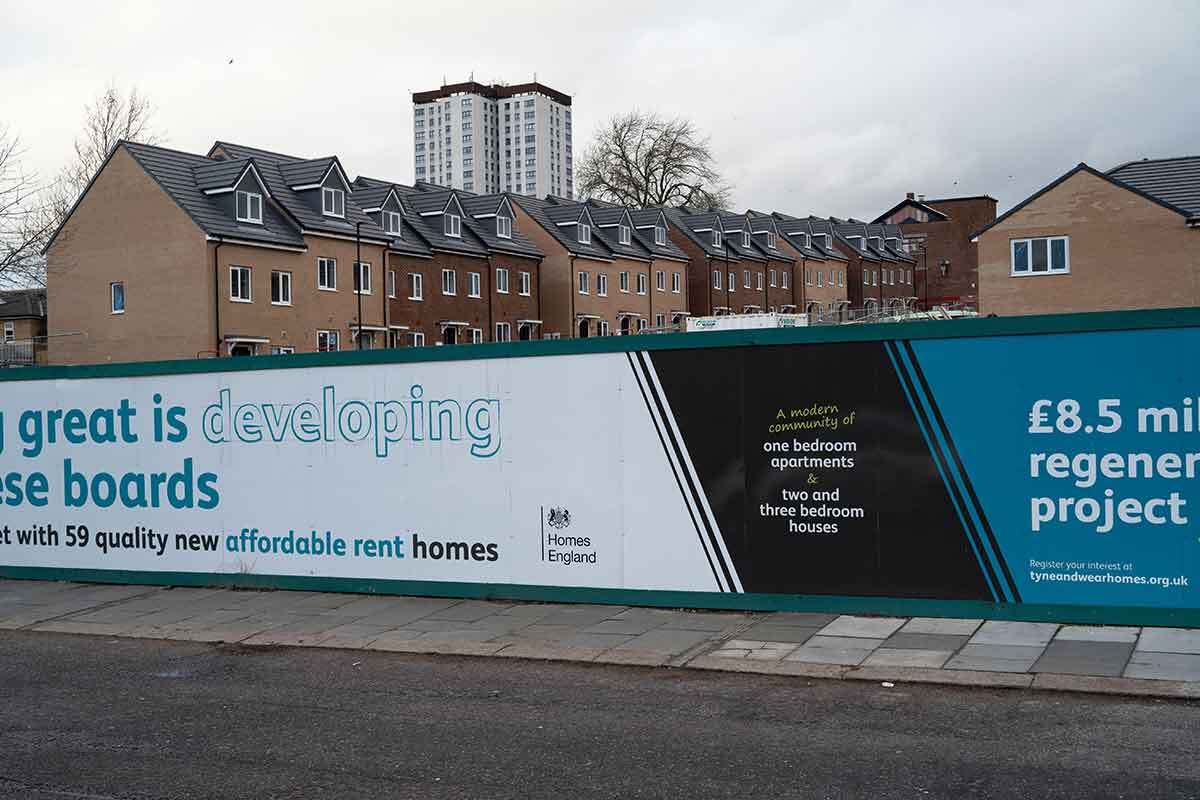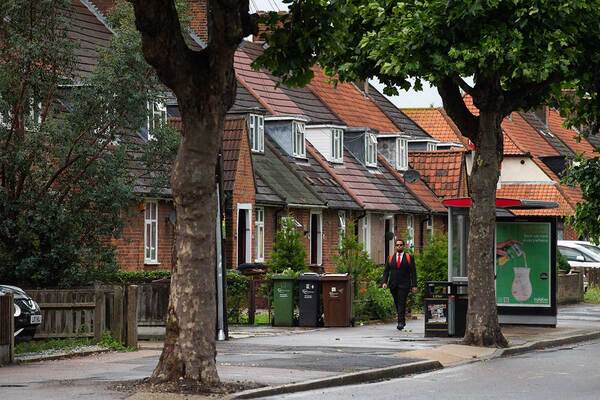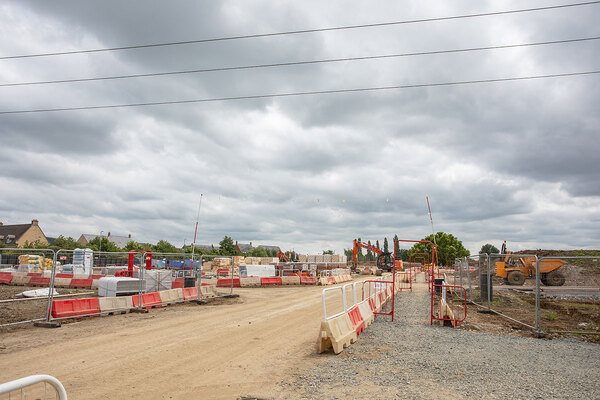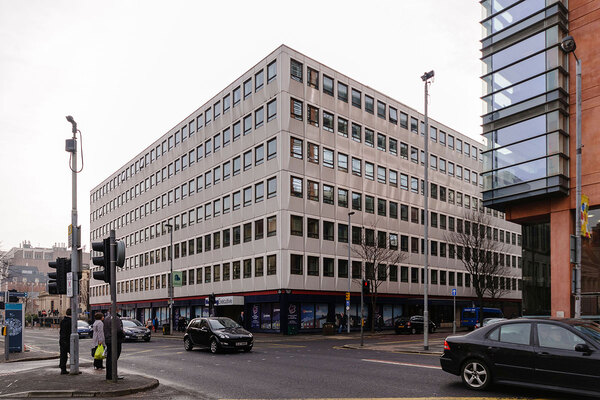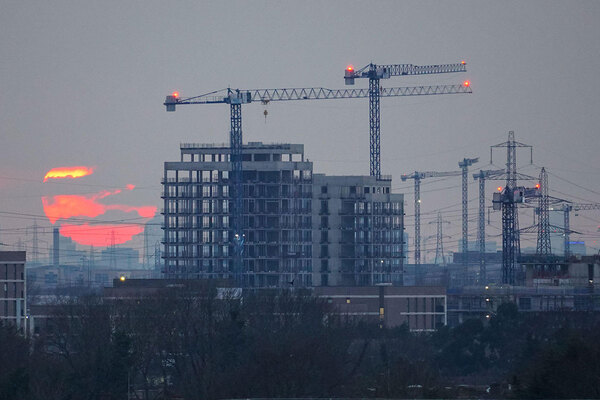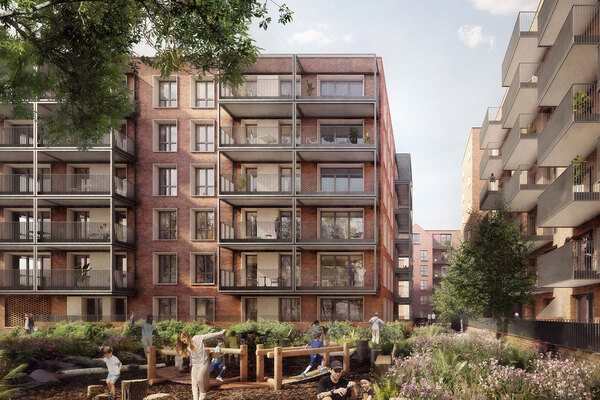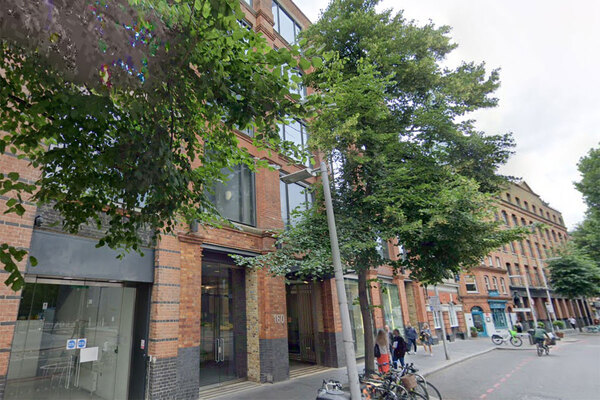Just 700 net social rent homes delivered in England last year due to Right to Buy impact, new RSH data shows
Official annual data published by the Regulator of Social Housing (RSH) showed that just 700 net new social homes were delivered in England due to the impact of Right to Buy.
The English regulator’s statistics release on stock ownership and rents for the year end of 31 March 2024 found that private registered providers had a net gain of around 5,200 social rent homes.
However, this was partially offset by a decrease of around 4,500 social rent homes for local authorities, which the RSH said was “likely to be driven by Right to Buy (RTB) sales and other schemes”.
This new release comes just one day after the Treasury confirmed that RTB discounts will be reduced to protect existing social housing stock so that “thousands more council homes” remain in the sector.
England’s existing social housing supply is depleted every year by the scheme, while also disincentivising councils to build new social housing.
Discounts will be reduced alongside greater protections for newly built social housing and councils will be able to keep 100% of the receipts generated by a RTB sale.
But many in the sector believe the scheme should be brought to an end. Last week, property agent JLL renewed its call for RTB to be abolished after releasing figures that showed the negative impact the scheme is having on the social housing sector.
In the past decade, the number of social homes sold via RTB in England is the equivalent to 34% of new homes completed by housing associations and councils, the research revealed.
In the RSH’s latest release, returns from all private and local authority registered providers revealed that the sector provides around 4.5 million homes across England, with a net increase of nearly 43,000 social homes since 2023.
This overall increase has been driven by approximately 24,800 more Affordable Rent homes and 17,300 more low-cost homeownership homes.
Private registered providers built, purchased or acquired the majority of new homes in the sector, accounting for 85% of the total increase in Affordable Rent and 96% for low-cost homeownership properties.
The statistics showed that 82% of social homes in England are general needs (social rent and Affordable Rent), while supported housing makes up 11% and low-cost homeownership makes up 6%.
Private registered providers also reported that 71% of homes had an Energy Performance Certificate rating of C or above, and a further 22% had a rating of D.
Just over 511,000 homes were surveyed by landlords during the year. Over the year, these surveys and other provider activity identified nearly 42,000 homes which did not meet the Decent Homes Standard (DHS).
This led to 37,500 properties being remediated to bring them up to the DHS, and 1,800 were sold or demolished. A further 5,200 buildings were excluded from having to meet DHS requirements due to circumstances which prevent or limit remediation works.
Will Perry, director of strategy at the RSH, said: “It is reassuring to see the sector continuing to build and acquire much-needed new social homes across the country, despite a challenging economic environment.
“This data provides a rich source of insight into the sector as a whole, helping us understand the challenges facing both landlords and tenants.
“Landlords should ensure they hold accurate, up-to-date data to inform strategic decisions, especially around rents and the condition of homes.”
As expected, rents increased over the year in line with the limit set for 2023-24. The average increase in social rent weekly net rents was 7.2% over the reported period.
The average weekly general needs rent in England was £105.22, though this varied across the country.
Average rents were lowest in the North East (£88.11) and highest in London (£129.83). Rents for local authorities are lower on average than for housing associations.
Sign up for our development and finance newsletter
Already have an account? Click here to manage your newsletters
